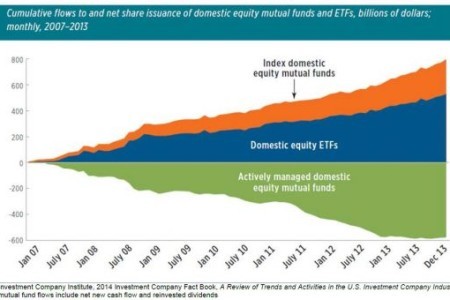Cambridge Global Asset Management Market Outlook
Post on: 4 Май, 2015 No Comment

As part of our February 11, 2015 Wealth Matters webcast, we heard from Brandon Snow, Principal and Co-Chief Investment Officer, Cambridge Global Asset Management. His presentation, summarized on this page, provided an update on the current economic landscape, the positioning of Cambridge’s Canadian equity mandate and the factors contributing to its success.
The Cambridge philosophy
- Cambridge actively manages its funds and searches for unique opportunities, its funds are typically much different than the indexes.
- The team’s primary focus is on understanding what can go wrong and managing downside risk with a view that avoiding losses is the best way to grow wealth over time.
- Cambridge portfolio managers are significant holders of their funds and their goals are aligned with investors’.

Current economic environment
- Equity valuations can be driven by growth in earnings or cash flows, or driven by an expansion in multiples, which represent how much the market is willing to pay for a company’s earnings. Recent returns in the market have been driven by dividends and earnings recovery, not by multiple expansion. Cambridge’s view is that equities are fairly valued relative to historical values.
An economic disadvantage for Canada
- Canada’s economy has had a good run in the last 10 years mainly because of strong commodity markets.
- Historically, commodities perform well for cycles of about 10 years. The long secular bull market in commodities is now changing.
- Weak commodity markets are a disadvantage for the Canadian economy. Cambridge is managing this risk by maintaining global exposure across its funds. The team is looking for opportunities outside of Canada, mainly in the U.S. as it does not anticipate much value creation in a flat commodity market.
The search for yield
- There are few opportunities for significant yields outside of emerging market or high-yield debt. However, these investments are riskier and lower quality.
- Cambridge believes equities are fairly valued in an absolute sense; however, compared to fixed income, they offer a better opportunity in current economic conditions. Portfolio managers are looking outside of fixed income for yield, and have moved their search to the equity market.
- Dividend-paying companies typically do not have high multiples; however, in the current economic environment, the highest dividend-yielding stocks in the market are trading at the highest valuations seen in over 60 years.
- Companies have realized that increasing dividends increases their stock prices. However, Cambridge believes the dividend increases are unsustainable. Many companies are increasing dividends by increasing their payout ratio, which is the dividend paid out as a proportion of a company’s cash flow, when they should be increasing dividends as a result of increased cash flows from sales or new capital. As companies pay more to shareholders by increasing the payout ratio, their growth potential becomes limited.
- Cambridge believes that dividend growth companies, those focused on growing dividends in a sustainable way, offer more stable returns at reasonable valuations.
More from this section














